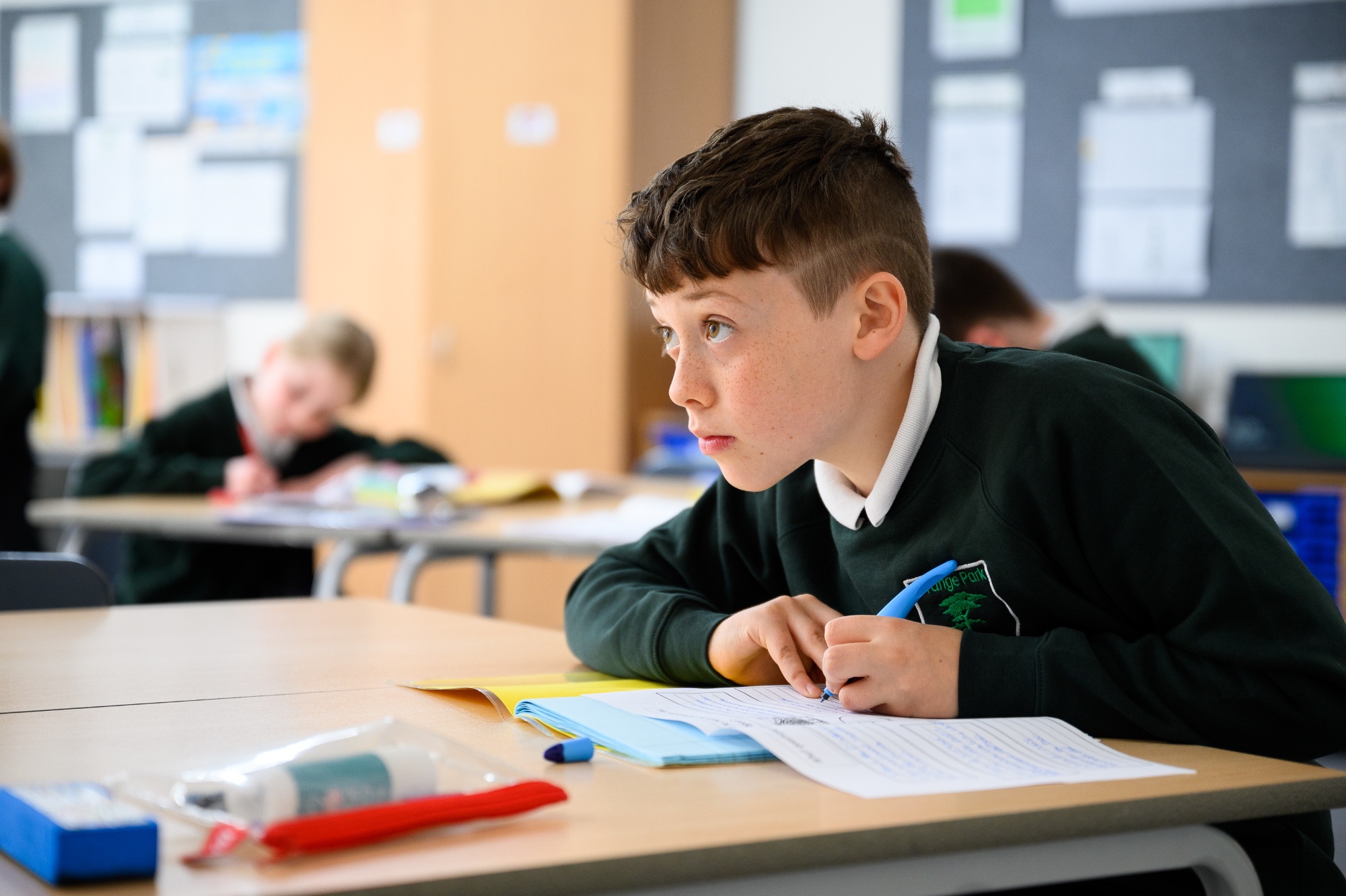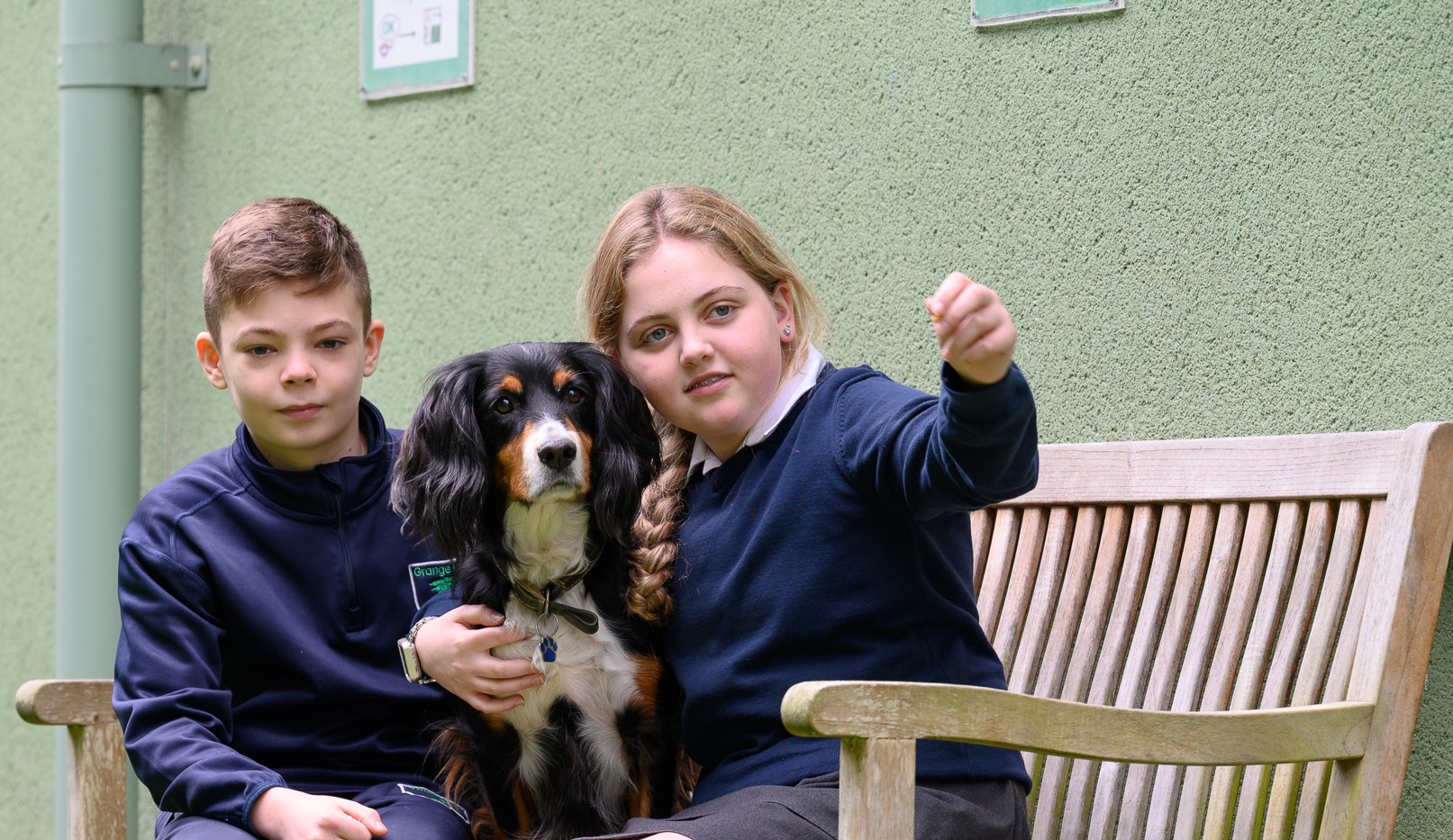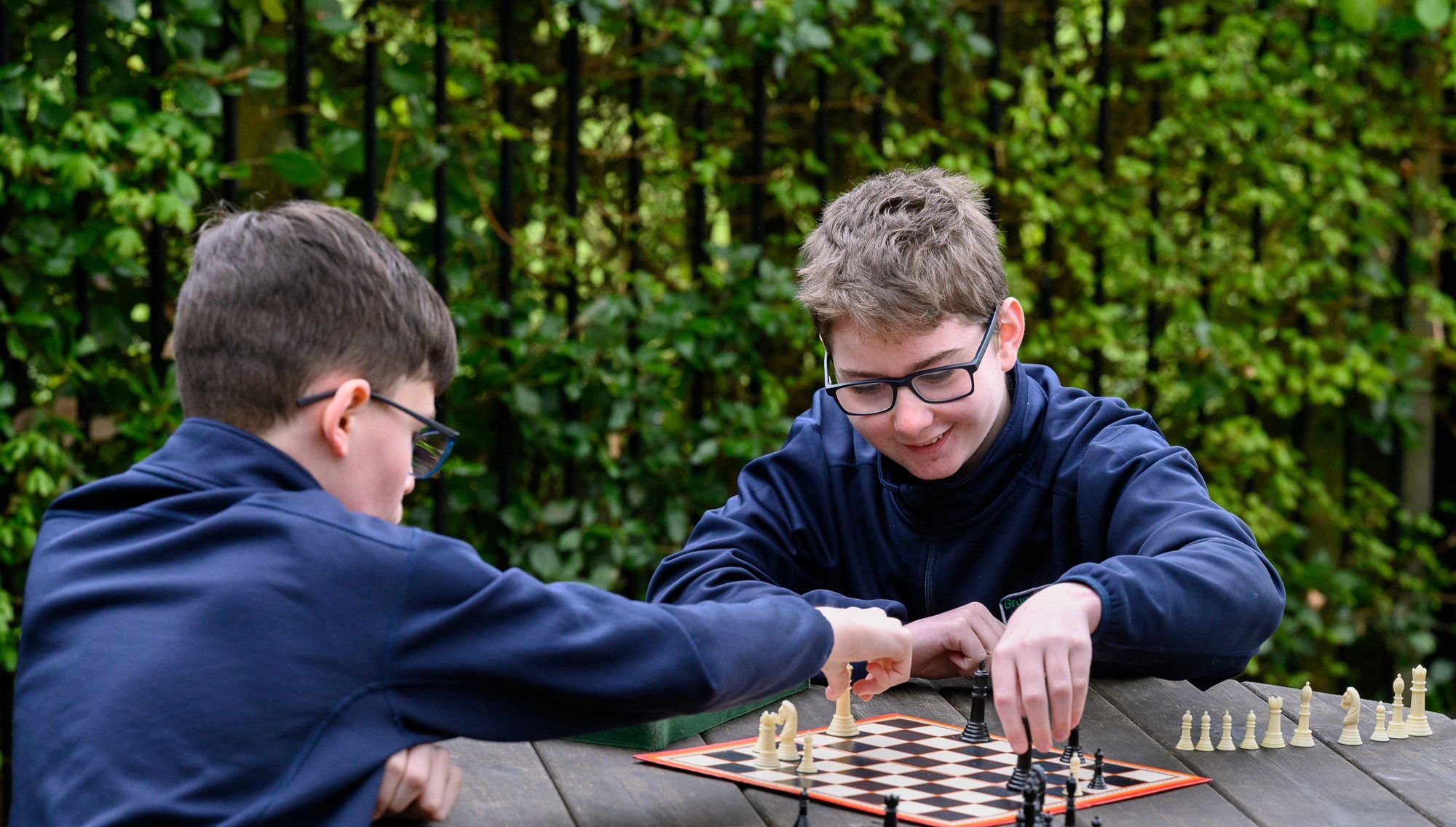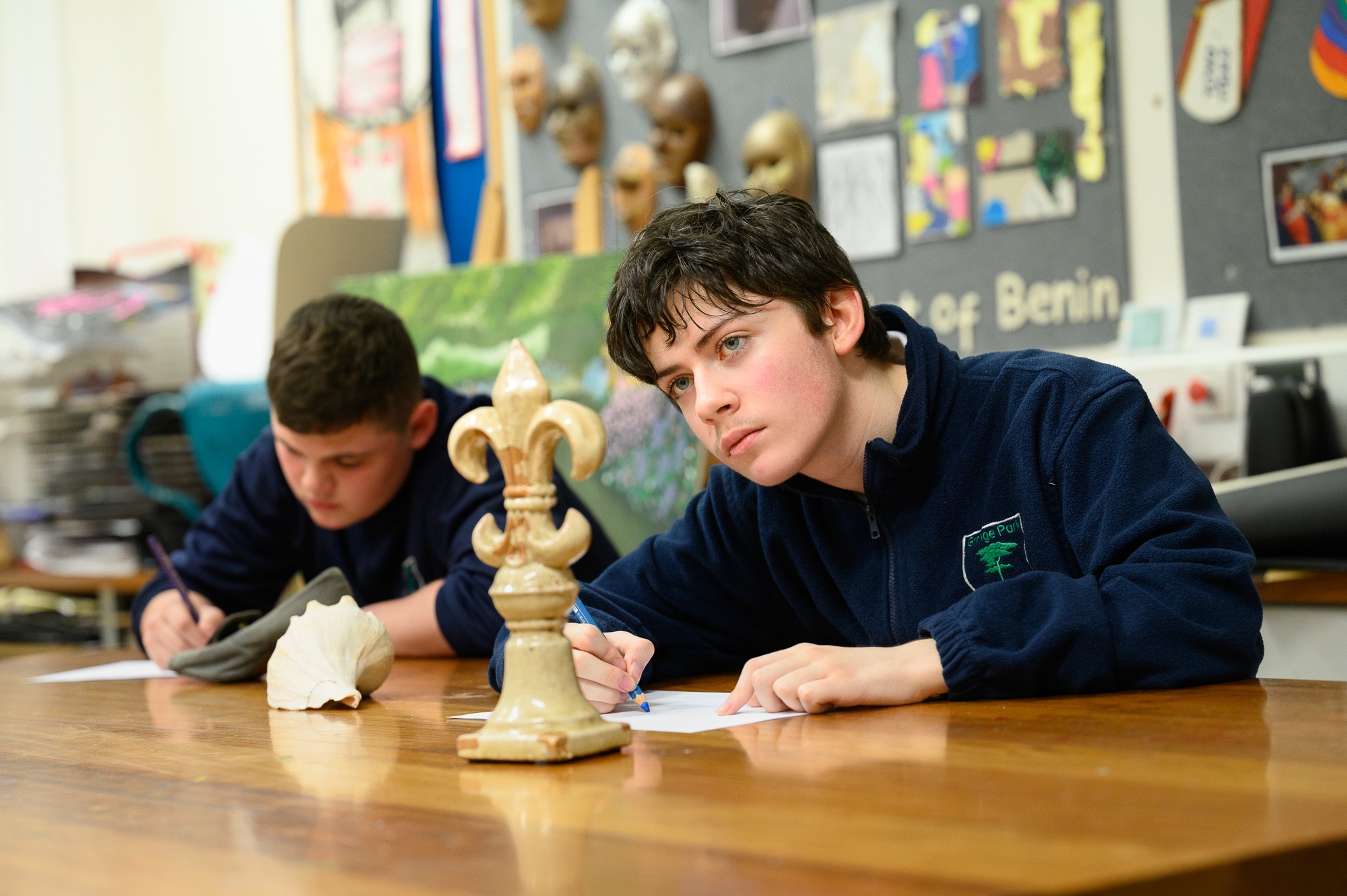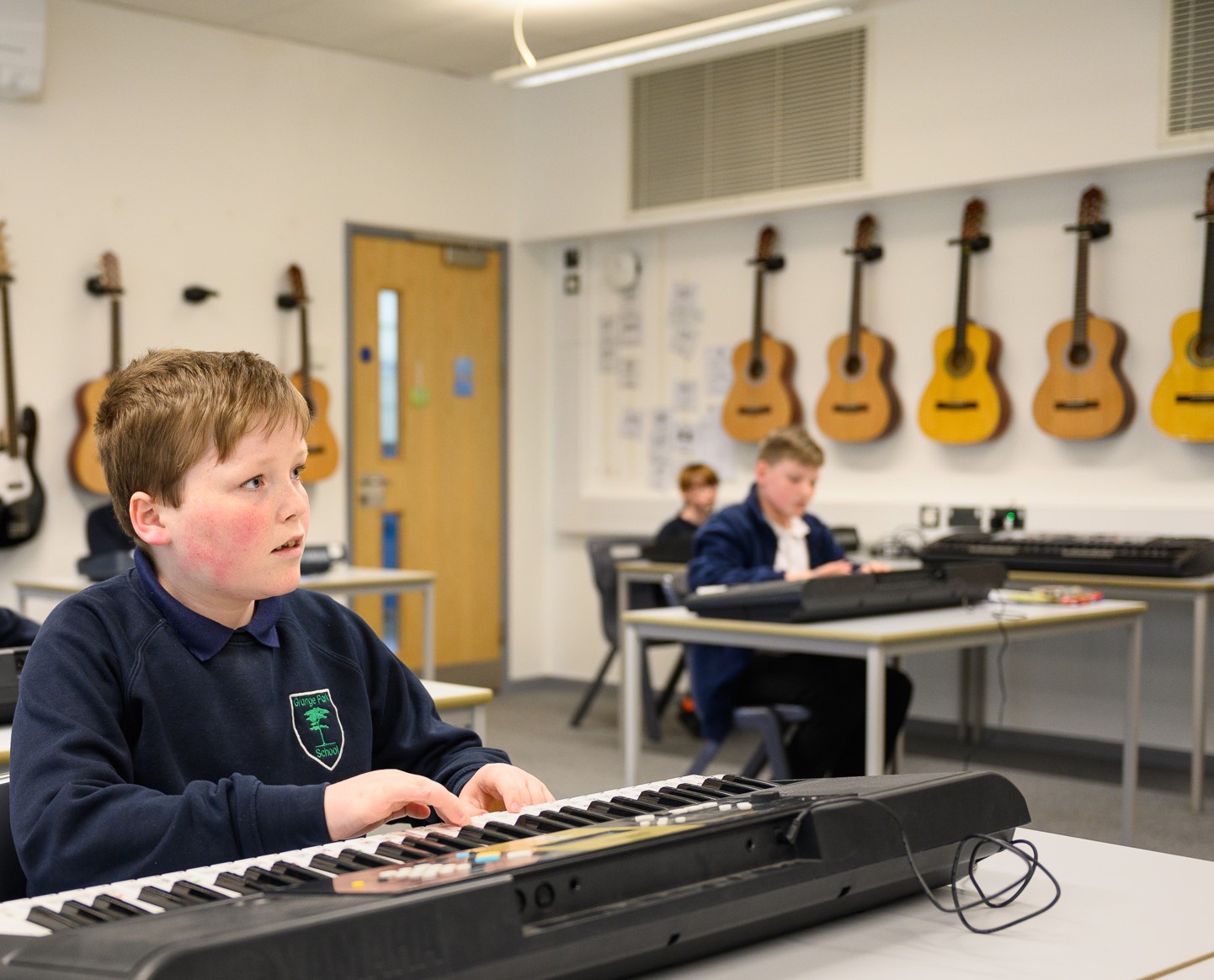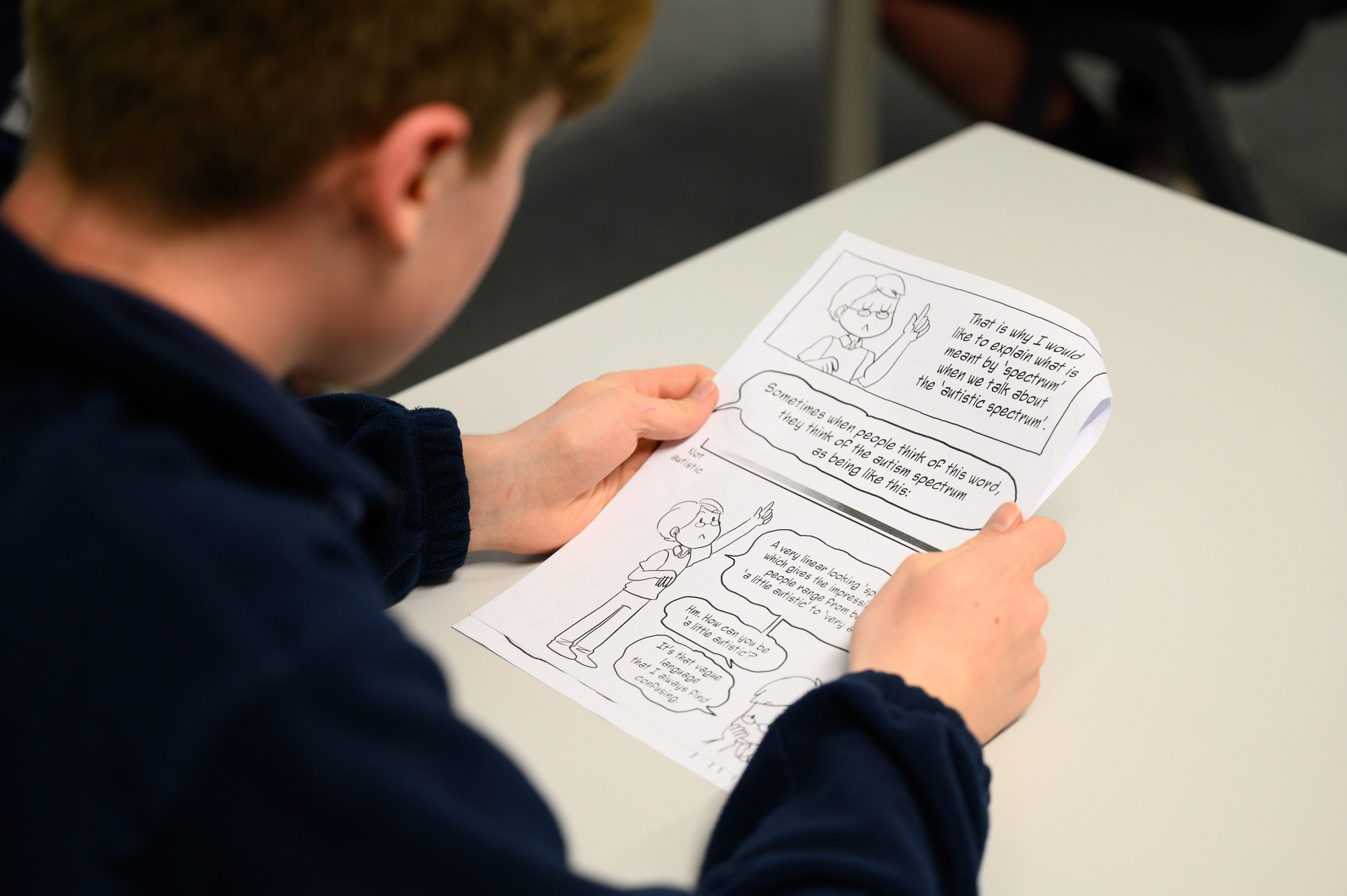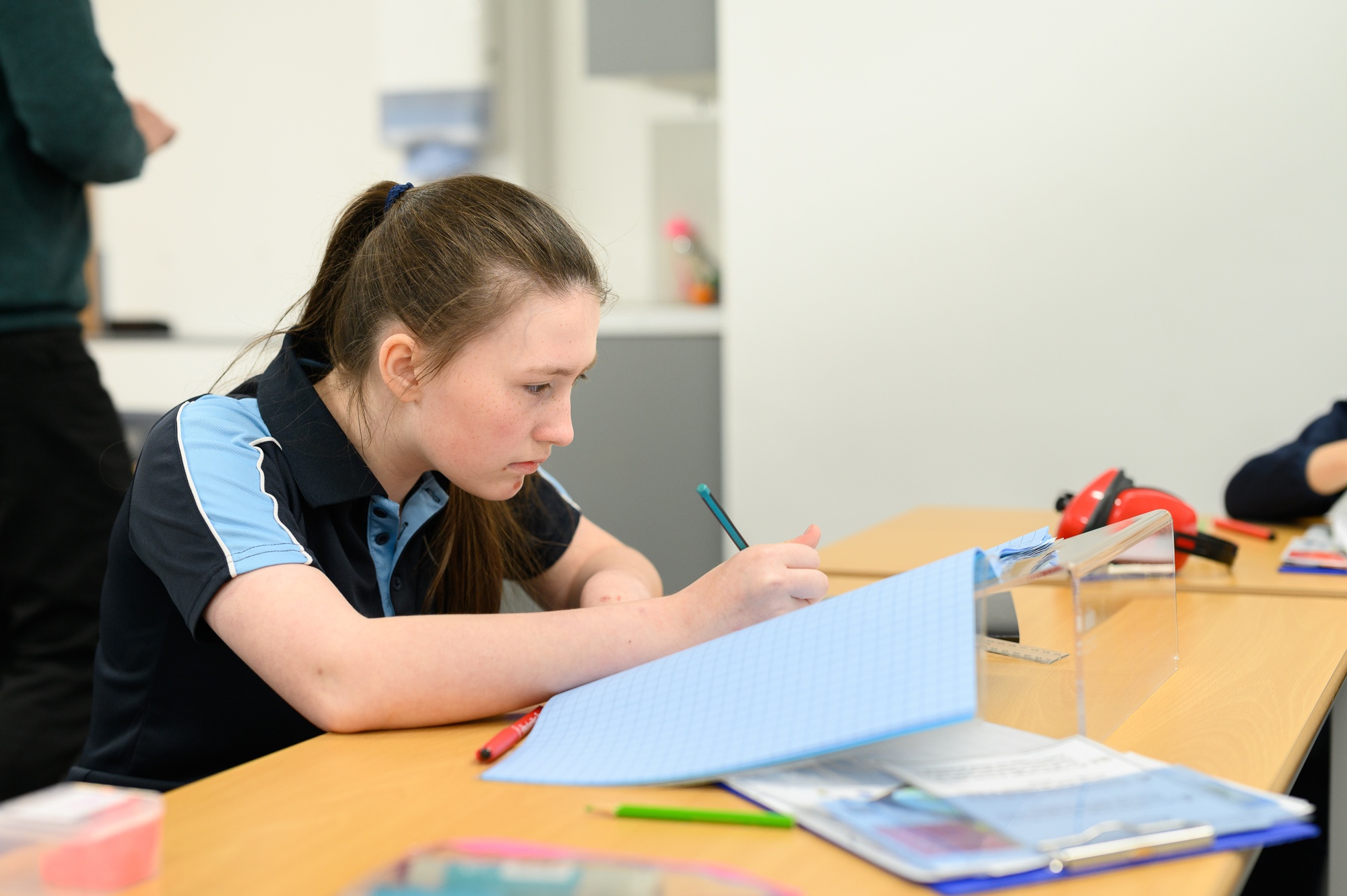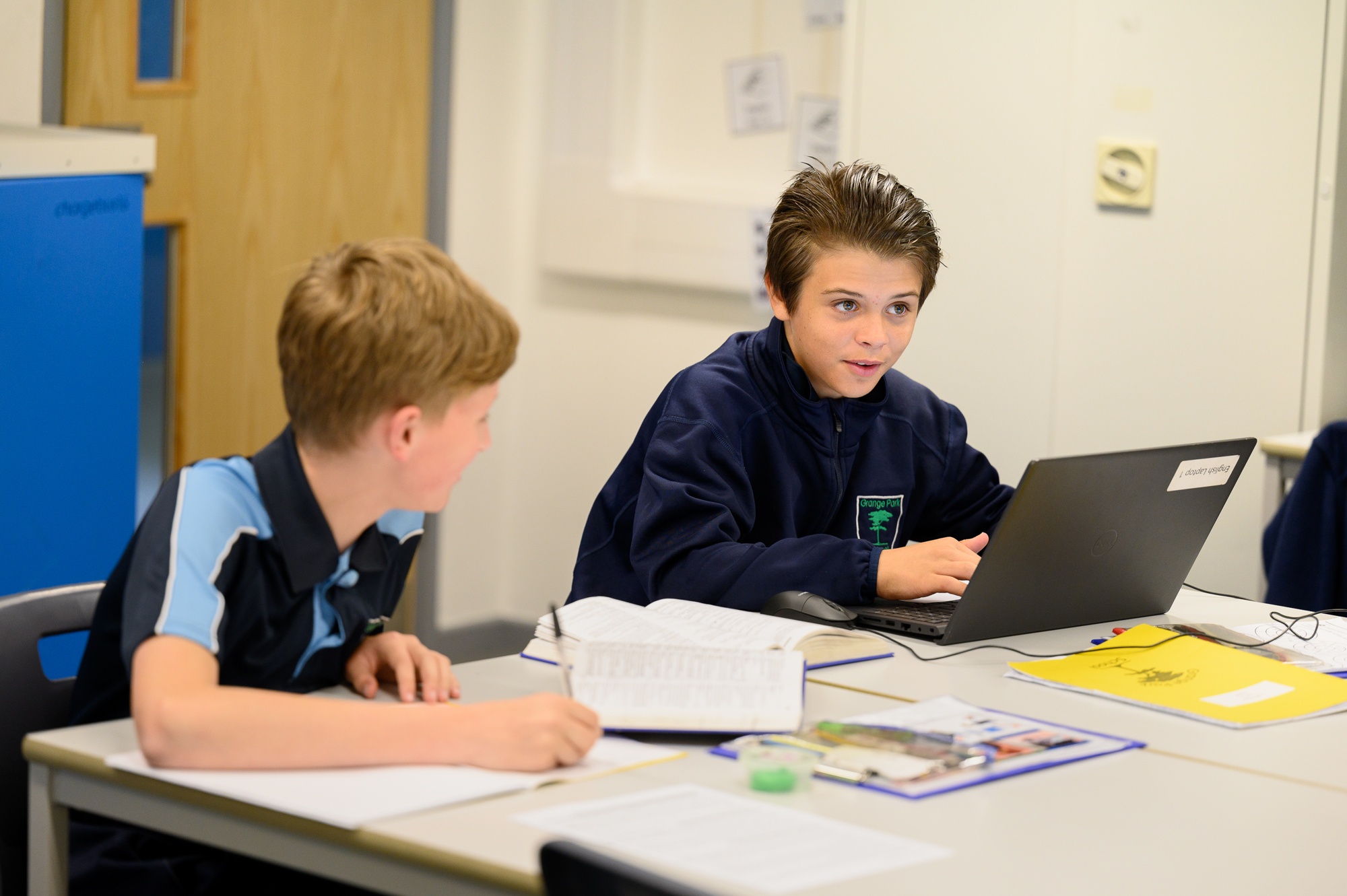Assessment at Grange Park
Assessment at Grange Park will follow the principles agreed by KSent namely:
- Assessment is at the heart of teaching and learning
- Analysis of assessment information will be used to improve the quality of teaching
- Assessment will be accurate, consistent, reliable, free from bias, understood by all and increase parental confidence
- Reliability of teacher assessment will be achieved and evidenced through rigorous moderation
- Assessment will draw on a wide range of evidence to provide a complete picture of pupil achievement over time
- Assessment will be used to set high expectations for all pupils, to celebrate achievement and to inform the next steps for pupils, their families and teachers
From September 2015 and “life after levels” there is no national benchmark of progress other than that a pupil should make progress towards a suitably aspirational target which has been set using evidence of their prior attainment and their previous rates of progress.
Grange Park School is committed to continuing to track pupil progress in a meaningful and useful way and will convert from national curriculum levels to the language of the new national curriculum when describing pupils’ attainment. The DfE and Ofsted will evaluate progress made by pupils and compare it with that made by others from a similar starting point. In order to ensure that the school uses relevant comparative data and sets suitably challenging targets, Grange Park will base initial targets on the algorithm of progress of pupils from similar starting points devised by KSent from the data set of all pupils in Kent Special Schools. However, these targets will be personalised and will be adjusted if necessary to ensure that all targets are suitably challenging for each individual.
The Algorithm in Pupil Asset
The algorithm was developed using historic pupil progress data covering a three-year period, across all year groups. A selection of Kent special schools provided data for the development of the progress algorithm. This data represented the progress of pupils with PSCN, B&L and C&I needs. The algorithm was developed and tested by the KSent core data group. The algorithm is referenced to but not driven by progress expectations within Progression Guidance.
The algorithm takes account of both progress from differing start points and the changing rates of progress across key stages as pupils move through their school lives from Year 1 through to Year 11 as is evident in our collective data.
Expected progress is generally more challenging than Progression Guidance median.
From October 2015 Grange Park will use the Pupil Asset data analysis system to record assessment data and to ensure that all stakeholders have access to accurate and up-to-date assessment information that will be used to inform teaching and additional provision. The analysis of assessment information the system will generate will enable teachers and the leaders and managers of the school to demonstrate the impact of the school’s activity over time.
Protocol for assessment at Grange Park School:
- All teachers will make assessment of pupil attainment in all subject areas each term.
- All teachers will be expected to have entered and analysed this information in time for the termly pupil progress review meetings.
- All teachers will adopt a formative approach to in-year assessment. They will carry out their assessment by considering the criteria for each level and record which of the taught concepts or skills are at the beginning, developing, embedded or embedded plus level. This will be supported by evidence (e.g. in books or pictorial evidence) that will also be used to aid moderation and support teacher judgements.
- The formative assessment information, coupled with evidence of the pupil’s prior rates of progress will enable the teachers to generate an end of KS target in each subject to be tracked.
- The Pupil Asset system will use this information to generate the grades or levels that will need to be achieved at each interval if pupils are to remain ‘on track’ to achieve their targeted outcomes by the end of the KS.
- Once pupils approach the end of KS3 the pupil and parents aspirations, coupled with the school’s information about progress and attainment over time, will be used to determine the KS4 pathway that will be most appropriate.
- Some KS4 pupils will follow a pathway towards GCSE accreditation in a range and number of subjects. They will be set challenging targets (GCSE grades) and will have their progress tracked towards those targets using current grade information gathered by the school through its termly assessment activity.
- Some KS4 pupils will have a more ‘vocational’ pathway and will be accredited through Entry Level qualifications. These pupils cannot be tracked towards an Entry Level and so will continue to be tracked towards aspirational targets set using the New National Curriculum criteria extended beyond KS3.
- All students in KS5 will be provided with Personalised Pathways. These will detail their aspiration and the courses they will need to access in order to achieve this as well as record how effective the course is in enabling them to realise their aspiration.

